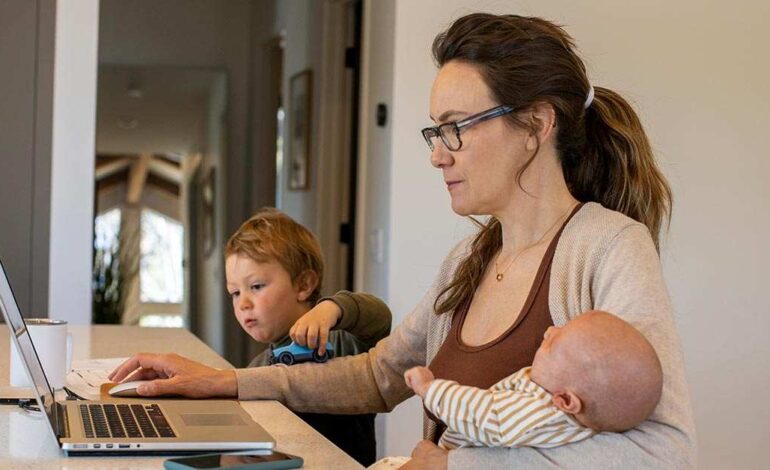
Disparities in Life Evaluation: A Closer Look at U.S. Working Women and Men
This article delves into the recent Gallup poll highlighting a notable decline in life evaluation among U.S. working women compared to their male counterparts. We explore the underlying reasons for this disparity and its implications for workplace dynamics and overall societal well-being.
Understanding Life Evaluation Metrics
Life evaluation metrics provide insights into how individuals perceive their quality of life. These measures are critical in understanding societal trends and informing policy decisions.
Current Trends Among U.S. Working Women and Men
Recent data indicates a steeper decline in life satisfaction among working women in the U.S. Economic pressures, work-life balance challenges, and role expectations contribute to this trend.
Factors Contributing to the Disparity
- Increased workload and stress levels among women
- Cultural and societal expectations
- Persistent gender inequalities in the workplace
Implications for Workplace and Society
The disparity in life evaluation can affect productivity, employee retention, and overall workplace morale. Addressing these issues is crucial for fostering a more inclusive and equitable work environment.
Conclusão
In conclusion, the widening gap in life satisfaction between working women and men calls for further attention to gender-specific workplace challenges. Addressing these underlying issues can lead to a more equitable and thriving work environment, benefiting both individuals and society at large.






